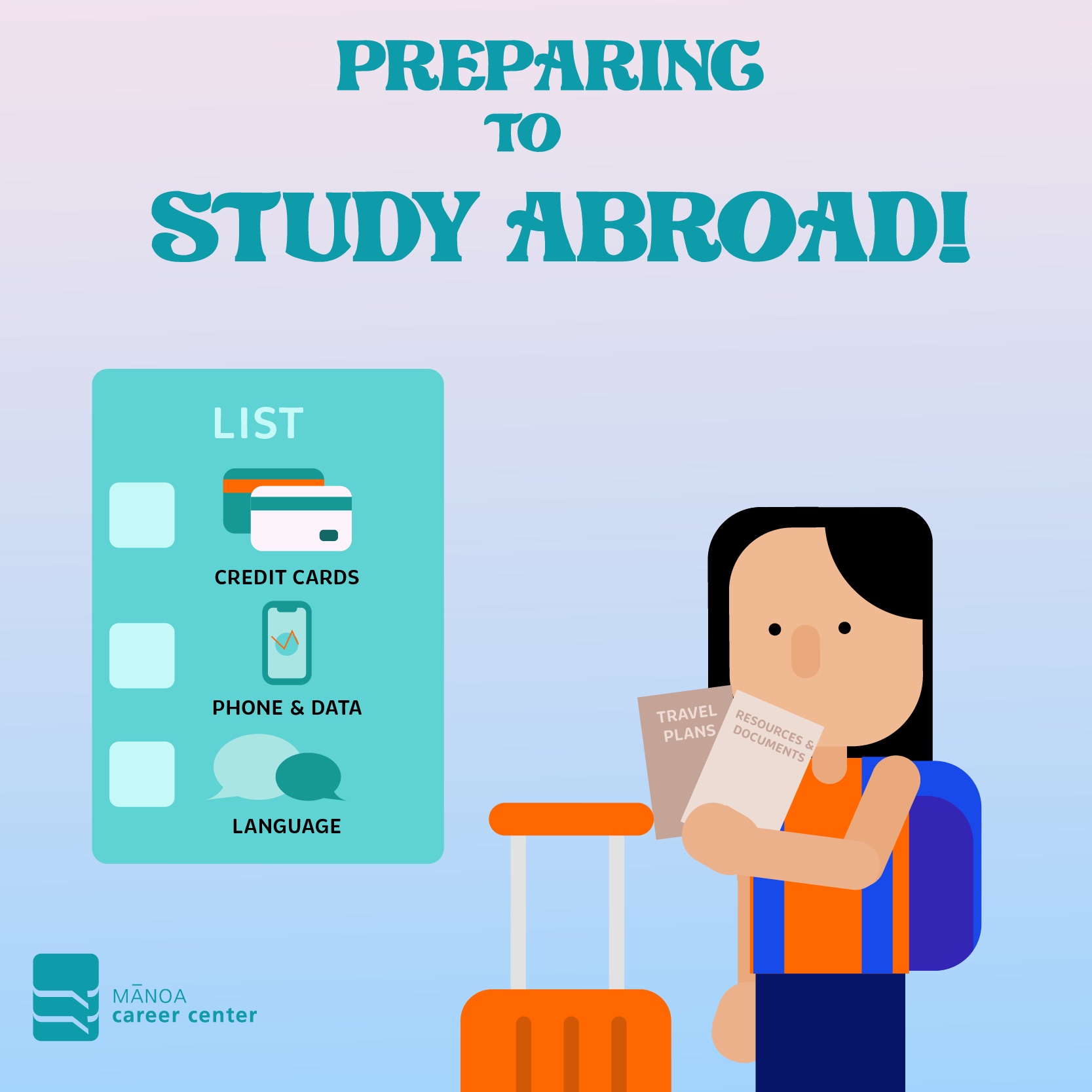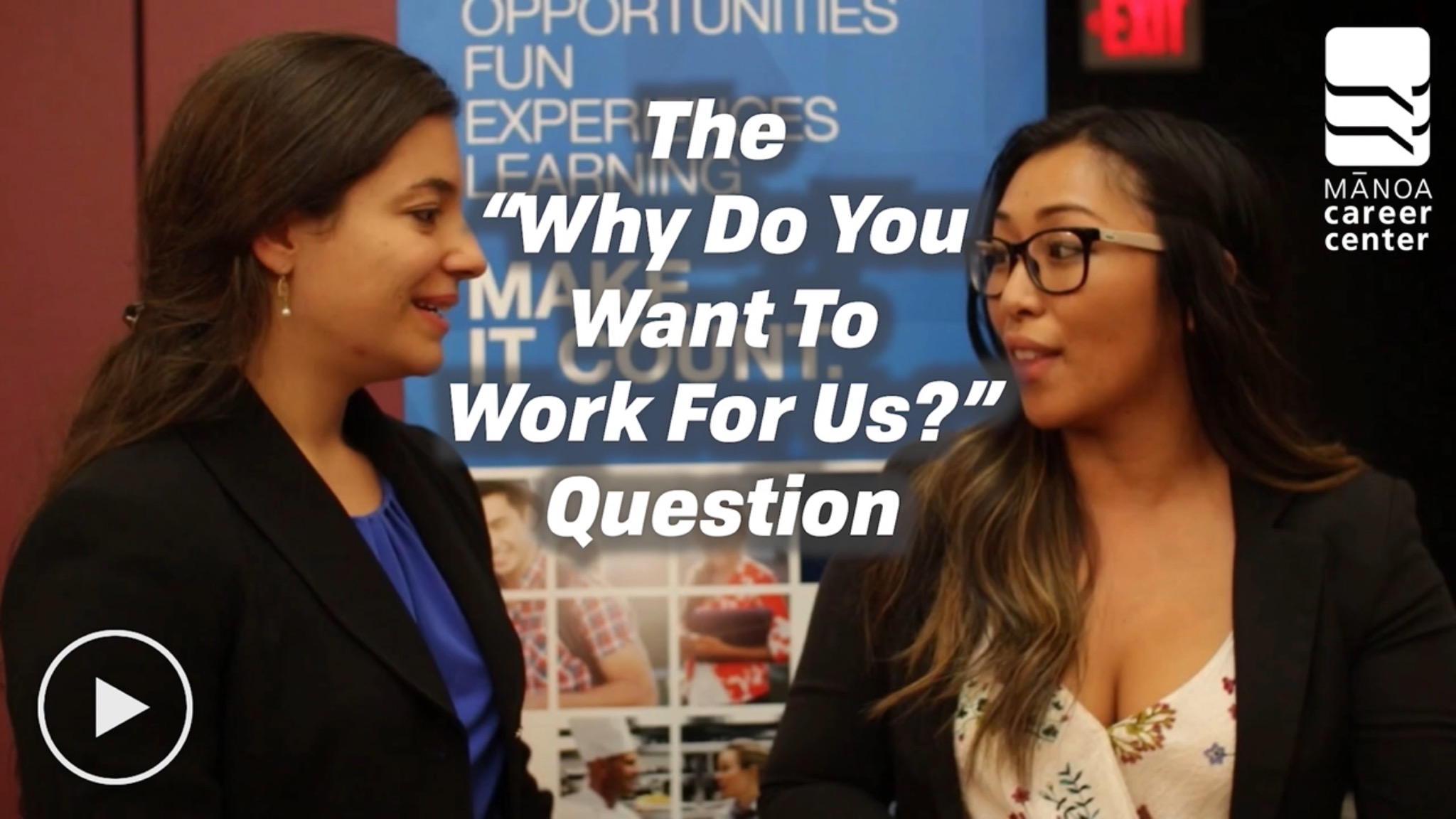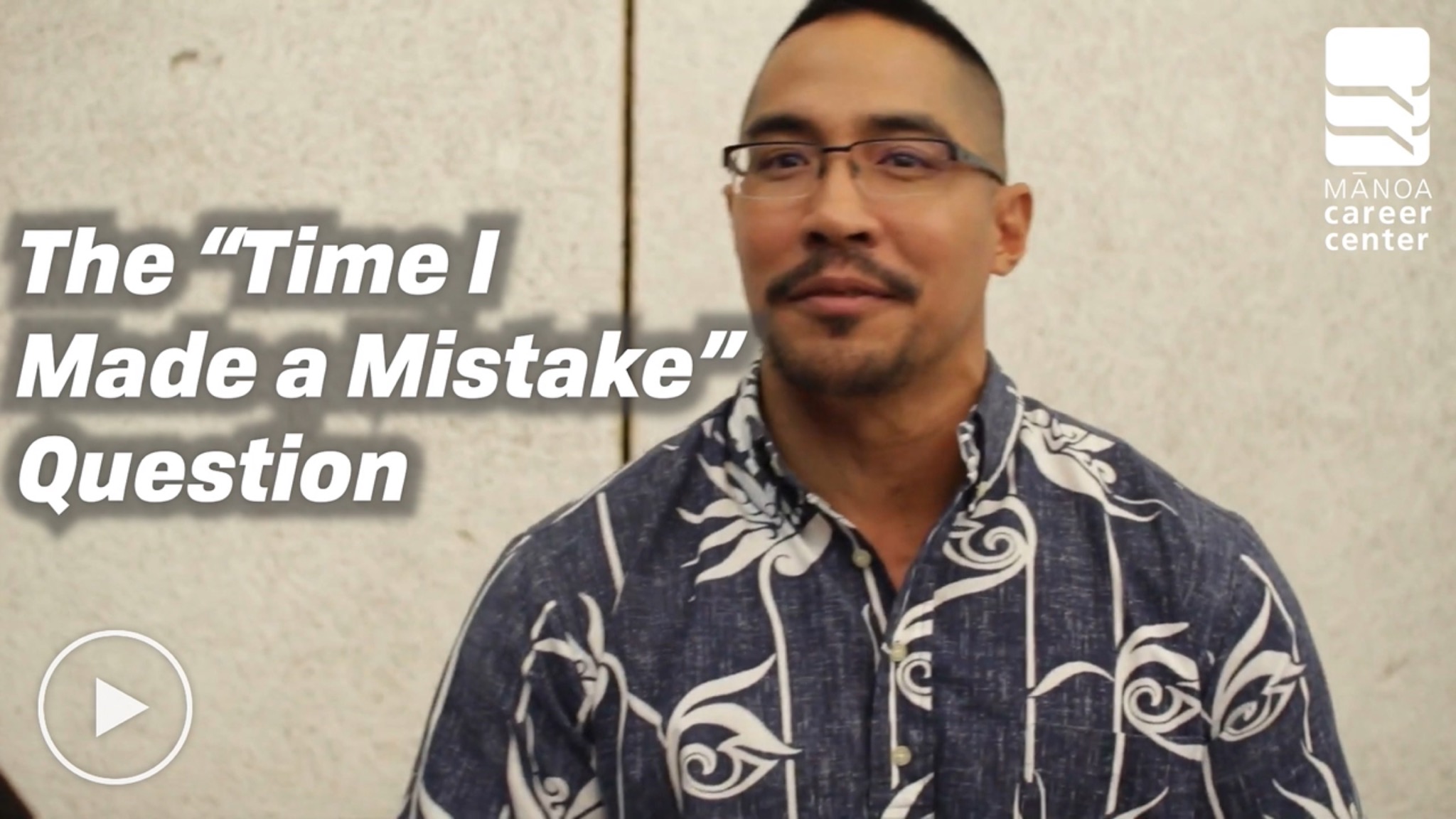I was fortunate enough to study abroad this past summer in Florence, Italy. It had been my first time away from home for an extensive amount of time, especially in another country. I’m grateful to have had friends that were able to share their experiences and packing tips, so I was better prepared for this exciting new experience! Here would be my preparation guide for others considering or about to study abroad:
Resources & Documents
This might have been the most worrisome part of packing for me–the official papers! Make sure that you have all the right documents and information prepared for your journey. This can include your passport, visa, health insurance information, etc. It was also helpful to have paper copies of these documents to carry around with me during the day, instead of my actual physical copy, especially in Europe, which is notorious for pickpocketing. Make sure to have a go-to location within your bags to store all your important documents. This can make it easier to pull out the documents when needed, so they don’t get lost with the chaos of traveling. It can also be helpful to print out the important information specifically related to your study abroad. I had printed out my housing information, along with my school information. This can also be important addresses or phone numbers.
Credit Cards
Talking to friends who were in Europe previously, I learned that most of Europe is cashless. To me, this made it easier as all I would mainly need is my credit card. There are some credit card companies that charge an international fee, so I would check to see if your card is okay. Also before being on your trip, notify your card company to tell them which countries you will be in, so they will not block the charge thinking someone is stealing your card. Even though most of the payments in Europe can be done by card, I would still bring with you the cash/local currency as you may need it. For instance, some taxis or farmers market vendors do not accept credit cards, and we had to pay with euros.
Phone & Data
Using my data plan in Europe would have been very costly. Depending on where you are studying abroad, you should check what data rates would be with your phone plan. For my trip, I bought a SIM card when I first arrived in Italy from a local phone carrier. It was a simple process where I inserted their SIM card in my phone to use on my trip and when I came back to the states, I discarded their SIM card and inserted my original card back into my phone. Although this is a process done when arriving at your destination, some phone carriers have your phone locked, meaning you must go down in person to a store to have them unlock your phone, allowing another SIM card to work in your phone.
Travel Plans
If you plan your travel itinerary ahead, you are able to optimize your travel experience! The summer study abroad program was only a month long, but I extended my trip for another month. In this time period, I was able to visit five different countries and nine different provinces within Italy! My classes abroad were Monday through Thursday, leaving us with a three day weekend–enough time to visit a province or two in Italy. When my program was over, I spent longer periods of time in different countries including Spain, Switzerland, France, and England.
By planning out our travels earlier, we were able to choose the best flights, trains, or buses that could make traveling around possible without the high costs. Airbnb/hostel/hotel reservations, transportation reservations, and activity reservations may be cheaper and more available when booking way in advance.
In Europe, the Eurail made it easier to see the different possible travel routes while pass allowed you to book these trains at a cheaper cost. I would 100% use the pass, but you must book your train reservations way in advance! My mistake on my trip was not booking early enough for the long trains taking us from country to country. For instance, there was a train that would take us from France to England in four hours, but since we were not able to get a seat on the train we had to pick from the options of a $200 plane ticket or $50, 10 hour bus ride.
In Italy for the shorter distance trains, we had the opposite problem. We had planned out weekend trips down to the details of airbnb/hostels reservations, train reservations, and sights/activities to do. We wanted to maximize our experience so we booked some of the earliest and latest trains. As plans changed, we ended up spending more money to change the train time or book another ticket. For these, I would suggest booking them maybe a few days to a day in advance because it is easy to do on your phone, it gives you more flexibility, and for the most part trains don’t get full and they come almost every hour.
Learning the Language
One aspect of planning I wish I prepared more in was learning the language! Being mainly in Italy throughout my trip, I wish I had been able to speak and understand more of what people were saying. I think this would have made the transition period easier and given me a deeper experience in the culture. Knowing a few phrases and trying to speak and understand their language will help you get around, while locals will appreciate you more for making an effort.
Packing
Now to the actual packing! My biggest tip is to NOT overpack. This makes it easier when traveling around from each destination with a lighter suitcase, and you are able to stuff it with more souvenirs coming back! There were four main bags I carried with me on my trip: a suitcase, carry-on bag, personal-item bag, and sling crossbody bag. It sounds like a lot, but it worked well for me!
For the suitcase, carry-on bag, and personal-item bag, check with your airlines for the right dimensions to make sure you don’t have to pay an extra fee! For my carry-on bag, I used a duffle bag and this was helpful for also taking on my weekend trips. My personal-item bag was a standard backpack and I used it also for my weekend trips, but in the instances where I didn’t have a lot to bring. I carried my crossbody bag with me everyday, where it could hold my wallet, phone, snacks, water, etc. I also really like the crossbody bag because you can have it in front of you or in sight – which puts my mind at ease with all the pickpockets.
When packing for my trip–clothes-wise–I really overpacked. I think it’s better to have fewer but more basics you can mix up to create new outfits with while it saves space. Other than clothes, I didn’t need much. Don’t forget your devices, chargers, headphones/earphones, personal hygiene items, etc. I remember being really worried about forgetting something while packing, but my friend helped me to realize that all you really need is your ID and passport to get around. Everything else you forget is something you have the option to buy if you need.
Everyone’s style is different, but I hope this gives you more insight on how you may want to prepare for and approach your study abroad experience!



















